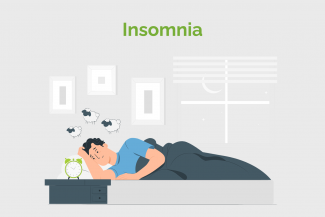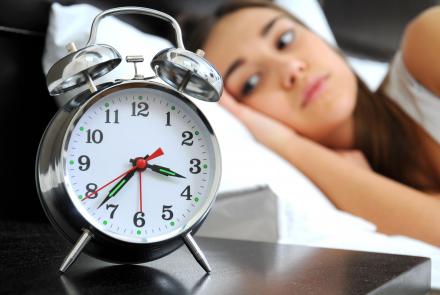
Are you at risk of developing insomnia
Insomnia is a common disorder and it affects women more often than men. This can occur at any age. Older adults are more likely to have insomnia than younger people.
The people who are at risk include those who:
- Have a lot of stress
- Are depressed or have other emotional distress such as divorce or death of a spouse
- Have lower incomes
- Work at night or have shift changes in their work
- Travel long distances
- Have an inactive lifestyle
- Have certain medical conditions or sleep disorders
To identify the reason for your insomnia, answer the following questions:
- Are you under a lot of stress?
- Are you depressed or feel emotionally flat or hopeless?
- Do you struggle with chronic feelings of anxiety or worry?
- Have you recently gone through a traumatic experience?
- Are you taking any medications that might be affecting your sleep?
- Do you have any health issues that may be interfering with sleep? For instance, obstructive sleep apnea, pregnancy or menopause?
- Is your sleep environment quiet and comfortable?
- Are you spending enough time in sunlight during the day and in darkness at night?
- Do you try to go to bed and get up around the same time every day?
What causes Insomnia
About half of all insomnia cases are caused by emotional issues such as stress, anxiety and depression. The daytime habits, sleep routine and physical health may also play a role.
Common mental and physical causes of insomnia
Psychological problems that can cause insomnia: Depression, anxiety, chronic stress, bipolar disorder, post-traumatic stress disorder.
Some medical problems that can cause insomnia:These include asthma, allergies, Parkinson’s disease, hyperthyroidism, acid reflux, kidney disease, cancer, chronic pain, obstructive sleep apnea, anxiety, tension headache, pregnancy, menopause.
Medications that can cause insomnia: Antidepressants; cold and flu medications that contain alcohol; pain relievers that contain caffeine (Midol, Excedrin); diuretics, corticosteroids, thyroid hormone, high blood pressure medications.
Sleep disorders that can cause insomnia: Sleep apnea, narcolepsy, restless legs syndrome.














